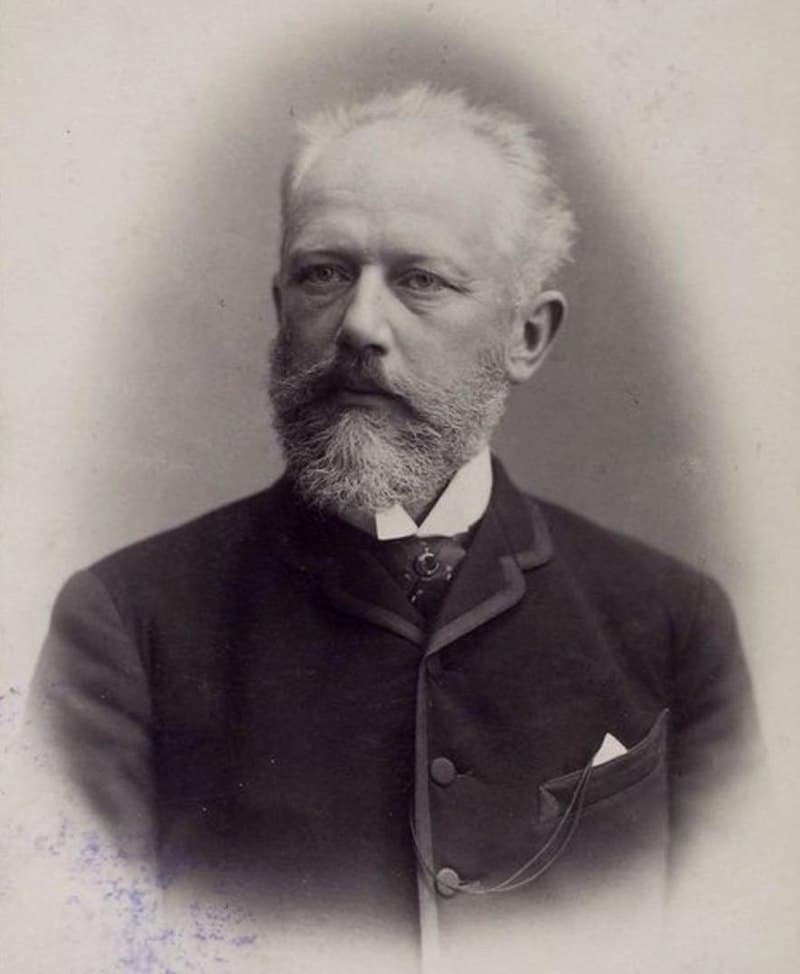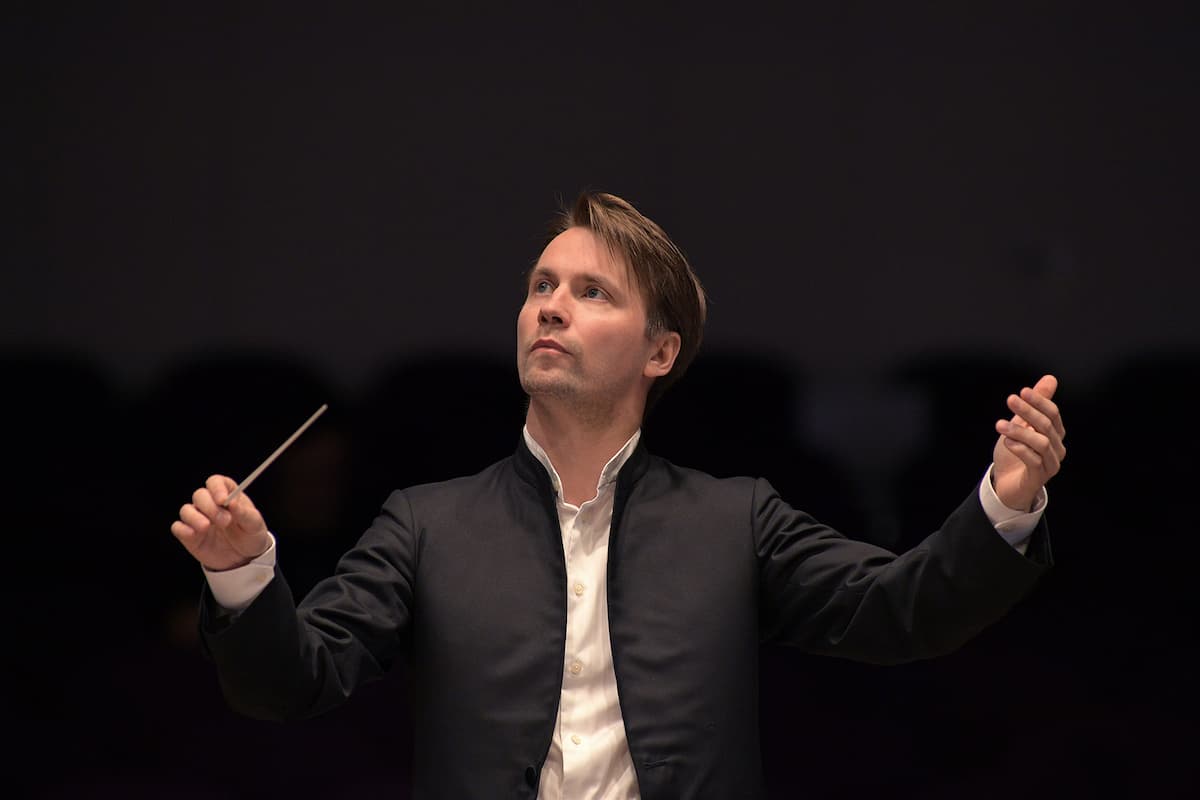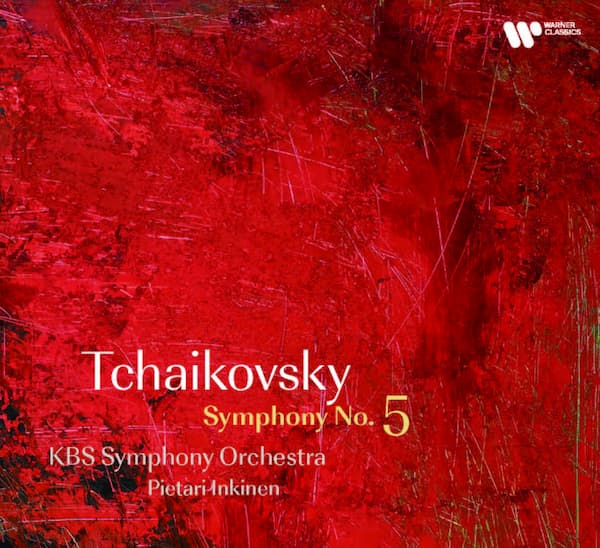The music of Pyotr Ilyich Tchaikovsky (1840–1893) has come in and out of favour over the decades – listeners love his ability to tell stories in music. Then they tire of what seems to be the superficial aspects of his melodies, and then they recognize how wonderful his orchestrations are, and so on and on. So many of his contemporaries, including Mussorgsky, Cui, Rimsky-Korsakov, and Borodin, kept music as their side study and were active in other careers that it seems like this fate should have been Tchaikovsky’s as well. However, the opening of the Conservatory of Music in St. Petersburg under Anton Rubinstein changed him from a lawyer with a music habit to a full-time music student, starting in 1863. In 1865, he went to Moscow with Anton’s brother Nikolay to help staff his new Moscow Conservatory and worked there for some ten years. Eventually, with the help of a rich patron, Nadezhda von Meck, he could quit his day job and make his career as a composer.

Émile Reutlinger: Pyotr Il’yich Tchaikovsky, 1888
Tchaikovsky occupied a middle ground between the nationalist composers, represented by the Mighty Handful, aka The Five, led by Mily Balakirev (César Cui, Modest Mussorgsky, Nikolai Rimsky-Korsakov and Alexander Borodin), and his training with Anton Rubinstein that emphasized the West European / German school of composition.
He composed his Fifth Symphony in 1888, and after three public performances (two in St Petersburg and one in Prague), he viewed the symphony as somewhat of a failure. ‘There is something repellent in it, some over-exaggerated colour, some insincerity of invention, which the public instinctively recognises’, he wrote in a letter to his patron. Despite the composer’s private reservations, the symphony was popular with critics and the public.
Like Beethoven’s Symphony No. 5, with its opening notes seemingly evoking the pounding of fate on the door, Tchaikovsky’s Symphony No. 5 is also supposed to be a ‘Fate’ symphony. There’s no preexisting program for the symphony, but Tchaikovsky saw the work as tied up with Fate / Providence / Faith, writing these words about the work: ‘Introduction. Complete resignation before Fate, or, which is the same, before the inscrutable decrees of Providence. Allegro (I) Murmurs, doubts, lamentations, reproaches against XXX. (11) Shall I throw myself into the arms of Faith??’ As one writer noted, the critical difference is that for Beethoven, Fate knocked on the door, while for Tchaikovsky, it just casts a dark shadow.
From the dark beginning of the symphony, the work has turned: the theme formerly in the minor is now in the major – a funeral march becoming a triumphal march. The minor-key theme returns but is quickly drowned out by the confidence of the new key. By the end of the work, the brass takes up solid positive statements supported by the swirling colours of the strings. The shadow has been vanquished by an overwhelming light.
This performance by the KBS Symphony Orchestra, the orchestra of the South Korean Broadcasting System, lead by their new chief conductor Pietari Inkinen, is a solid performance with a lightness of touch that takes the symphony out of the ‘old warhorses’ category and returns it to the idea of something light and new.

Pietari Inkinen (Photo by Andreas Zihler)

Tchaikovsky: Symphony No. 5
KBS Symphony Orchestra, Pietari Inkinen, cond.
Warner Classics no: 8809355979786
Release date: March 2024
Official Website
For more of the best in classical music, sign up for our E-Newsletter



